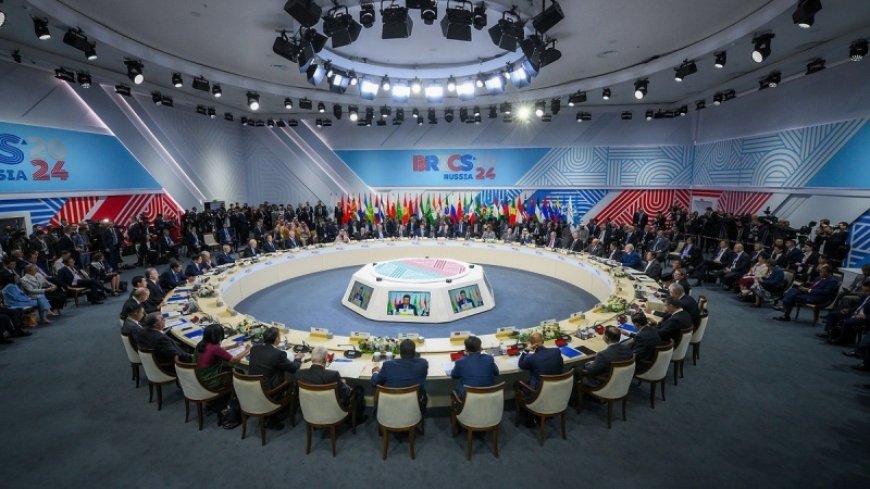The BRICS group, an influential coalition of emerging economies, is set to expand its reach significantly, according to recent statements from Russian and Chinese officials. This development underscores the growing importance of BRICS as a platform for cooperation among Global South nations.
Russian President's Senior Assistant, Yuri Ushakov, announced that from January 1, 2025, nine countries will be recognized as BRICS partner countries: Belarus, Bolivia, Indonesia, Kazakhstan, Cuba, Malaysia, Thailand, Uganda, and Uzbekistan. These nations have confirmed their willingness to accept this status, with Russia awaiting responses from four additional countries.
In response to Ushakov's statement, Chinese Foreign Ministry Spokesperson Mao Ning affirmed the increasing significance of BRICS. "The expansion of BRICS' representation and increasing its influence have turned it into an excellent platform for international cooperation," Mao stated, emphasizing the group's role in strengthening unity among developing nations.
The expansion was outlined in the Kazan Declaration presented at the 16th BRICS meeting, where member countries welcomed the interest of other nations in joining the group. Partner countries will have the ability to make proposals but will not participate in the ratification and voting process of documents.
This expansion marks a significant step for BRICS, originally comprising Brazil, Russia, India, China, and South Africa. It reflects the group's growing influence in shaping global economic and political dynamics, particularly among emerging economies.
As BRICS continues to evolve, its expanded membership is likely to enhance its role as a counterbalance to Western-dominated international institutions, potentially reshaping global economic and political landscapes in the coming years.














































